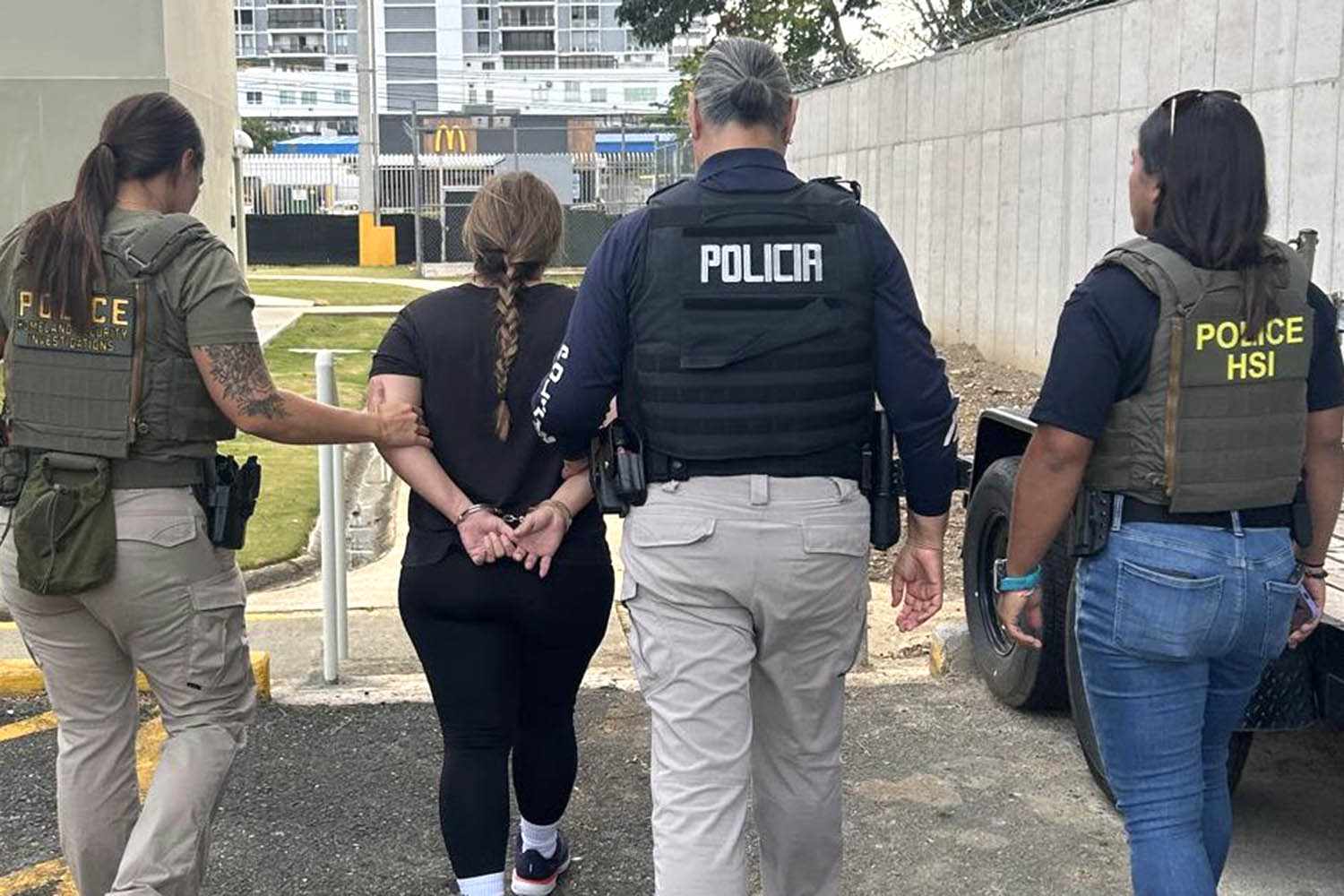
NGOCSTIP – Puerto Rican Religion Teacher Indicted in Shocking Teen Trafficking Case has jolted public conscience across Puerto Rico and beyond. This revelation involves a teacher in a religious institution who is accused of luring two teenage boys aged 15 and 17 through online messaging platforms. Allegations include the intentional use of coercion to force the minors into sexual acts. The indictment has sparked widespread outrage and demands for school and social media safety reforms.
Victims are now receiving trauma-related support from specialized counselors. Authorities are actively investigating further digital evidence. Parents of both students are cooperating with law enforcement to track other potential victims. Community leaders have announced plans for workshops aimed at educating youth and families on the dangers of online manipulation. While the teacher remains innocent until proven guilty, the gravity of the charges has prompted immediate calls for legal and educational reforms to prevent recurrence of such horrific crimes.
The case of the Puerto Rican religion teacher indicted in a shocking teen trafficking case highlights how predators exploit online networks. The teacher allegedly initiated contact with the minors through private chats on social media platforms. He groomed pupils during virtual conversations before arranging in-person encounters. Investigators retrieved messages that reveal manipulation tactics used to gain emotional trust. Authorities collected images and transcripts from device searches to trace the timeline of events. Digital forensic experts now examine multiple devices to understand the full communication flow. Network service providers preserved metadata and IP logs connected to the alleged crimes after receiving legal orders. School authorities began reviewing policies that govern teacher-student digital interactions. Tech companies increased platform safeguards to prevent exploitation by trusted adults. Meanwhile, child safety advocates demand mandatory digital safety training for educators across all Puerto Rican schools to prevent future abuse.
“Read about: NFL Draft Shock: Traffickers Foiled by Local Group’s Bold Move — Here’s What They Did!”
The legal consequences faced by this religion teacher include charges under sex trafficking and statutory rape statutes. If convicted, lengthy imprisonment and registration as a sex offender will follow. Experts point out that this indictment highlights a systemic failure in background checks and ongoing monitoring practices. The case is likely to encourage judicial reforms targeting digital predation by those in positions of authority. Community reactions reflect both horror and determination to improve safeguards. Educational boards are reviewing existing hiring protocols and supervision mechanisms for religious instructors. Parents and guardians are pressing schools to implement third-party oversight of teacher-student interactions. Meanwhile, mental health professionals are warning that the emotional fallout for both victims could be long lasting and require years of therapy. Victim advocacy groups are mobilizing to ensure the victims’ rights are protected throughout legal proceedings, and to provide financial and psychological support without delay.
After the indictment, several support systems stepped in to support the teenage victims. Currently, licensed counselors and child psychologists provide ongoing trauma therapy sessions. The Department of Family Affairs created safe homes and actively monitors both minors. Meanwhile, school districts maintain communication with the affected families and classmates. Counselors also support peers who may experience secondary trauma. Additionally, youth hotlines and online chat services encourage other potential victims to speak up. A local nonprofit launched a fund that pays for therapy, legal representation, and educational support for the boys. Furthermore, peer support groups help them rebuild social trust in a safe space. Teachers and students attend community seminars that teach how to identify signs of digital grooming. Together, law enforcement works closely with all involved organizations to ensure the boys recover and reintegrate fully into society.
Education authorities and government agencies plan concrete steps to prevent similar cases in the future. They will require all educators to complete training on identifying grooming behaviors and online manipulation. Proposed reforms include thorough background screenings that examine social media activity. Schools must install third-party systems to monitor teacher-student digital communication. Lawmakers continue working to update statutes that classify digital coercion as a form of trafficking. Tech companies will collaborate with officials to activate safe chat settings on platforms popular among minors. Public awareness campaigns across Puerto Rico will inform families about the warning signs of grooming. Religious institutions must conduct internal audits and strengthen their child safeguarding policies. Advocacy groups push for a national registry that tracks adults who communicate inappropriately with minors. These efforts reflect a strong, united commitment to protecting children from abuse by authority figures.